Supermarkets have been called to a summit at Number 10 to discuss why food prices are continuing to rise while households struggle with their weekly shop and farmers can’t afford to cover their costs.
Food and drink price increases have risen to their highest rate in 45 years with inflation at 19.2 per cent, according to new figures from the ONS. At the same time, many farmers and growers have said prices paid to them for produce are not covering the cost of production and are being forced out of business as a result.
In apples, growers are selling land to developers or diversifying as a minimum of 17 per cent higher consumer prices have not been passed on, while new reports this week have said UK cucumbers are being binned in the Lea Valley, an area of commercial greenhouses north of London. as supermarkets prioritise cheaper imports. British-produced tomatoes and eggs have also been affected.
The mismatch in high consumer inflation and an increasingly broken supply chain is gaining almost daily media attention, with trade magazine The Grocer asking whether there is an “existential crisis in British farming”.
“This No 10 summit is timely, one could say well overdue, given food prices have reached a 46-year high and whilst households are struggling to pay for their weekly shop, farmers and food producers are faring badly too; they make less than one per cent of profit from their produce due to unfair and extractive supply chains,” said Vicki Hird, head of farming policy at sustainable food alliance Sustain.
“Significant numbers of them have stopped planting, and farm businesses are closing. Yet a relatively small number of companies processing, manufacturing and selling us food make multi-million pound profit announcements and returns to shareholders.”
In response to rising food prices, the government held a Farm to Fork Summit today (16 May), at Downing Street, which has been criticised for not inviting many of those working in food systems.
Some farming representatives were expected to be there, including the NFU and the Nature Friendly Farming Network (NFFN), along with celebrity TV presenter-turned farmer Jeremy Clarkson. Notable absences have been pointed out as those working in sustainable food organisations, including chief executive of the Sustainable Food Trust and farmer Patrick Holden, and organic farmer Guy Singh-Watson, both of whom spent the day doing high profile media interviews.
Others have pointed out that prioritising supermarket presence at the summit only continues the trajectory of allowing markets to run the food system.
In the past year, the government has largely rejected the recommendations made by Henry Dimbleby’s National Food Strategy, which would have enabled changes to help alleviate poor diets, food poverty and affordable sustainable farming.
“This government has placed its faith in markets to solve these problems,” wrote chief executive of the Food, Farming and Countryside Commission, Sue Pritchard, in a blog response.
“Of course, business is a critical player in tackling them. But let’s be clear. The triple crisis is a massive demonstration of market failure. Food production has become consolidated in a small number of global agribusinesses who control food from seed to plate.
“These businesses prioritise profit and shareholder returns, within the law. But the regulatory and legislative guardrails are now inadequate to the task, and we see the effects all round us: polluted rivers, dirty beaches, deforestation in critical ecosystems, crashing nature, rising global temperatures, increasing risks from fires, drought and flooding, spiralling diet related illnesses, rising inequalities where one in eight people cannot afford to buy enough healthy food.
“Meanwhile – at this critical moment – farmers are starting to leave the sector in despair. On average, they receive only around 9 pence for every food pound spent and 45 per cent of UK farmers earn less than £20,000 a year.
“All these market failures are an inevitable consequence of successive governments policies for cheap food, and businesses’ choice of operating models in that framework.”
Rob Haward, chief executive of organic veg box company Riverford, said long-term relationships with growers and paying fairly has given the company greater resilience than simply chasing lower prices.
“Supply chain resilience will not be achieved if we continue a race to the bottom on food prices,” he said.
“Shortages on our shelves at the end of February showed how vulnerable the UK became when European supply tightened.
“There is a danger that in the pursuit of driving down inflation we just create supply chains that are more vulnerable to ever increasing shocks. We have shown it doesn’t have to be this way. At Riverford we commit to working with growers for the long-term, paying them fair prices, and taking what we commit to each season. I am sure this approach has given us extra resilience in difficult times.”

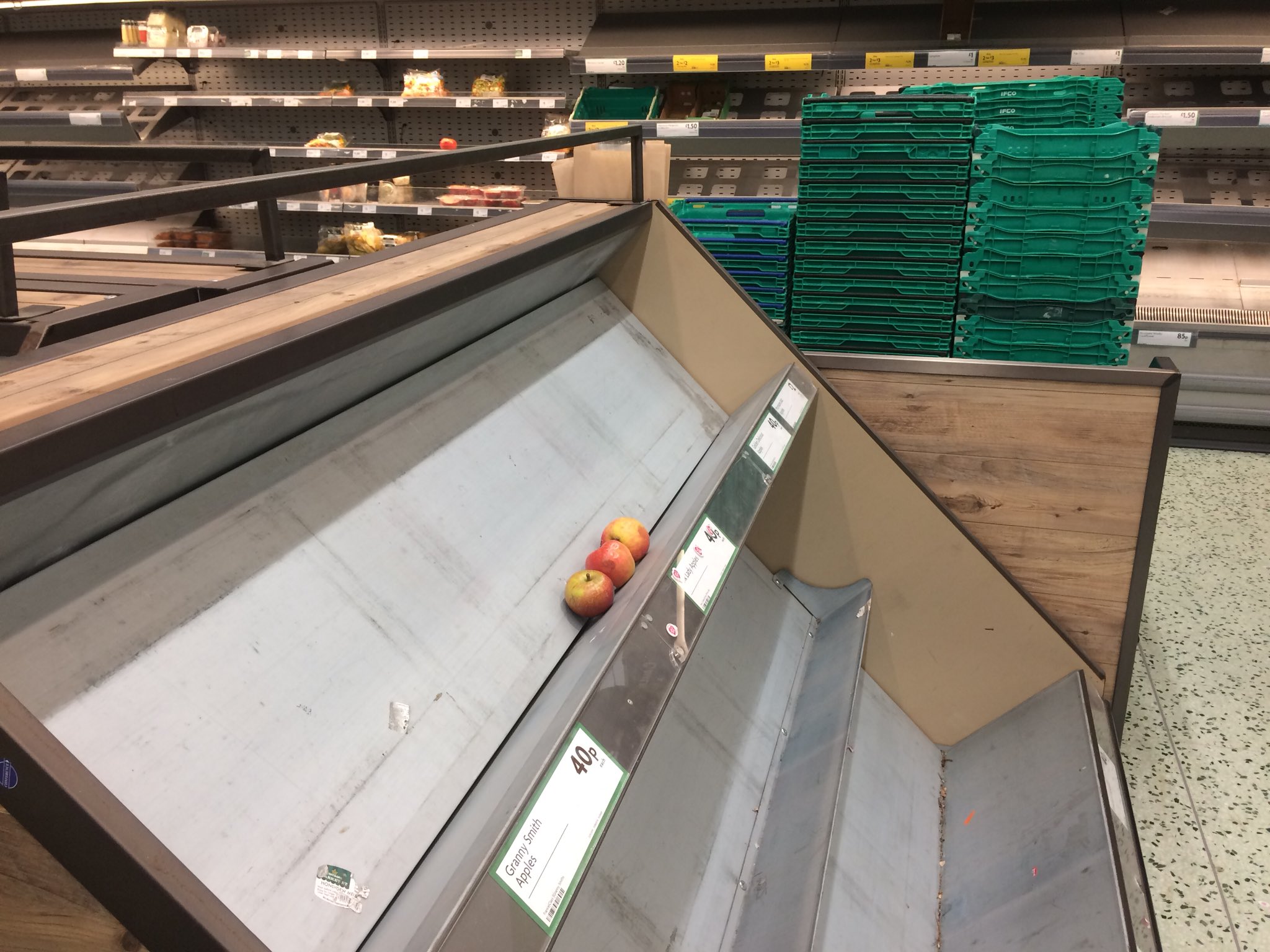

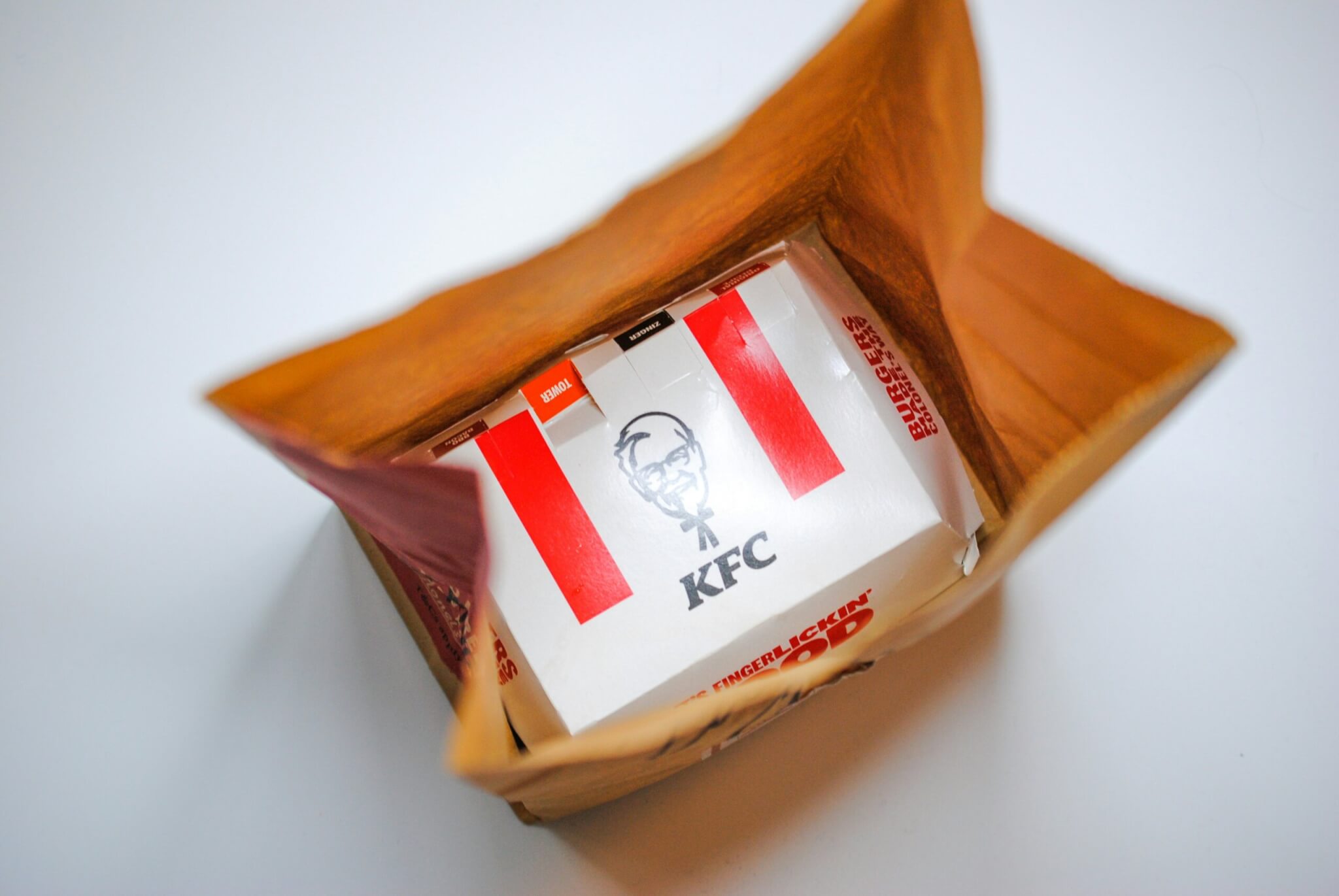

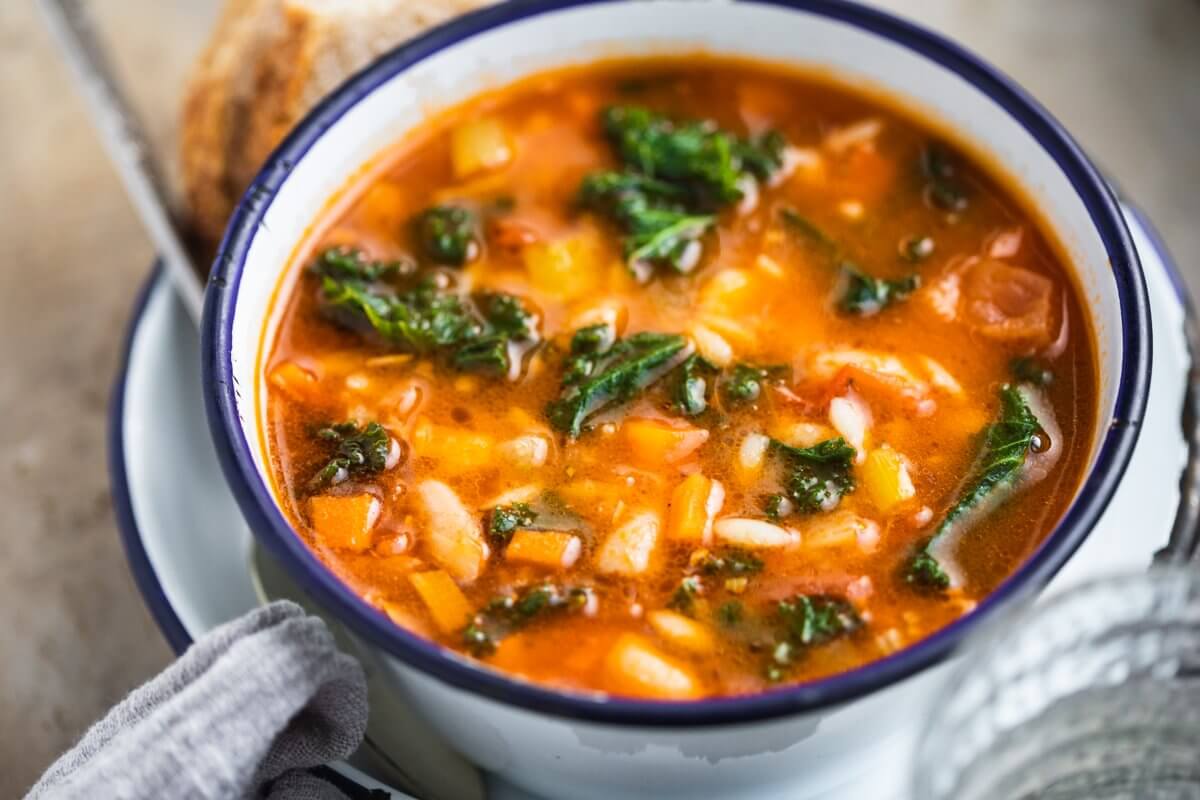
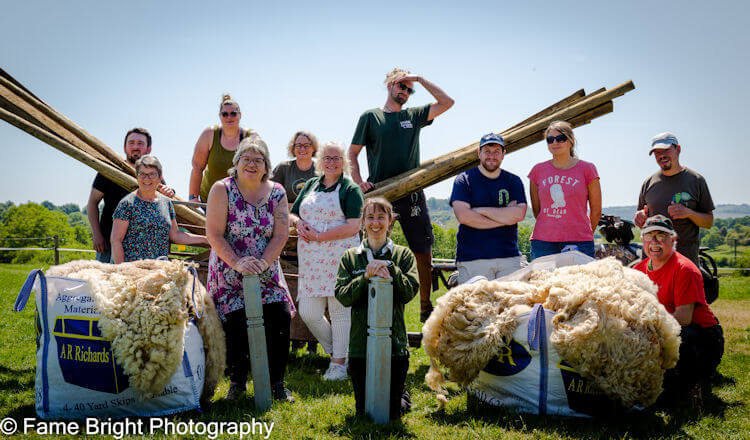
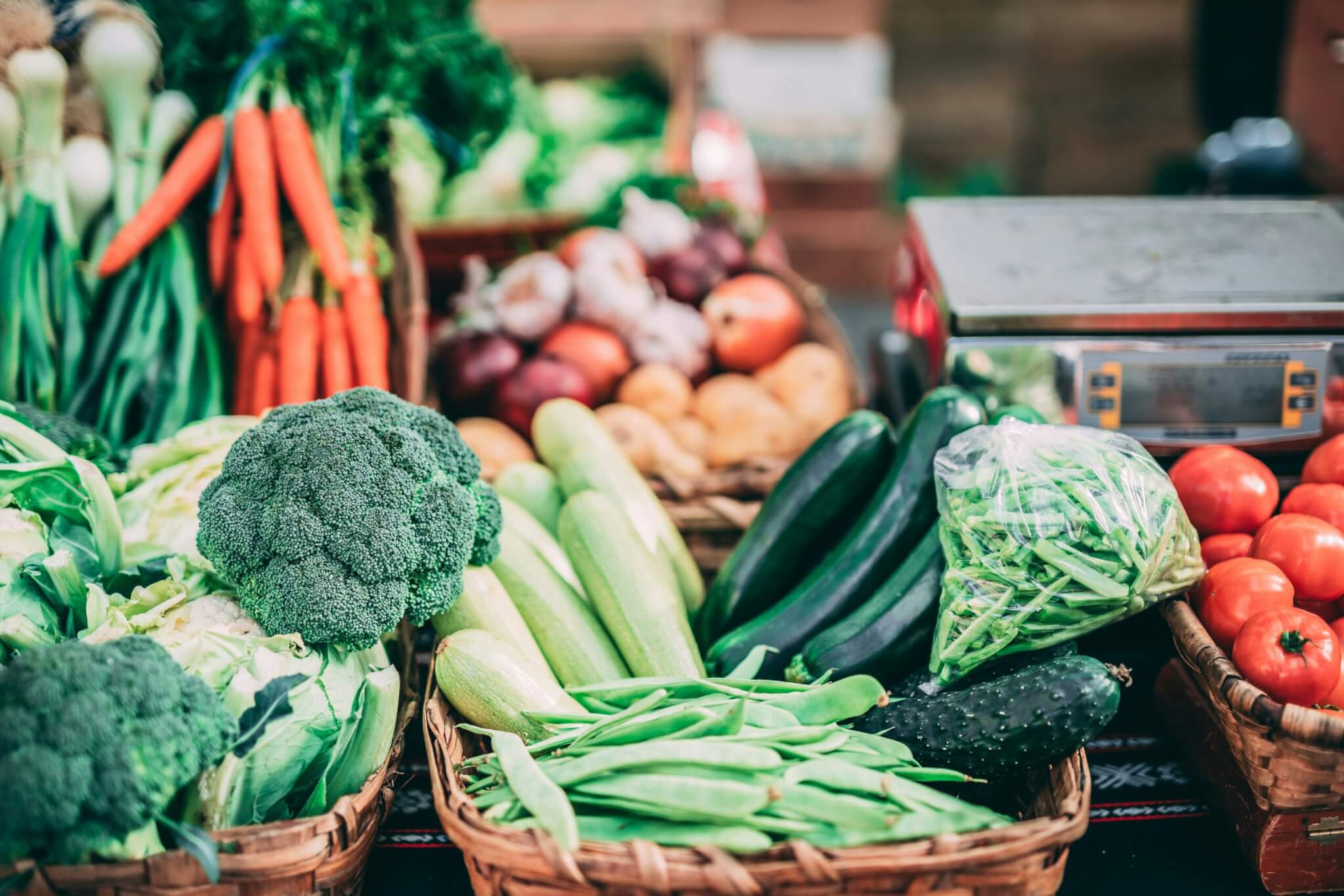





0 Comments